Singular and Plural Nouns Worksheet
In this singular and plural nouns worksheet, students have to make the plural form from singular nouns. Students have to create regular plural nouns (adding -s or -es) from singular nouns.
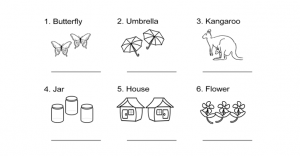
In this singular and plural nouns worksheet, students have to make the plural form from singular nouns. Students have to create regular plural nouns (adding -s or -es) from singular nouns.
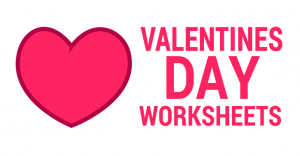
On February 14, let’s make Valentine’s Day something lovely for your class. Here are some fun Valentine’s Day worksheets.

How do you break the ice in your ESL class? It’s not easy getting a class of shy students to open up and start speaking English. So gently, you can introduce them to English communication with these 5 ESL icebreakers.

If you want to build a solid foundation with multimedia as the learning medium, BBC Learning English offers a comprehensive list of free audio, video and text materials to the world.
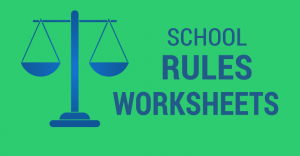
Let’s be honest. Your first class is not what you’ll expect. Your students will be shy. Start with these introduction class rules worksheets.

Have you ever wanted to teach English in Japan? We show you step-by-step how to become an ESL teacher with the JET Programme, an Eikaiwa and more.
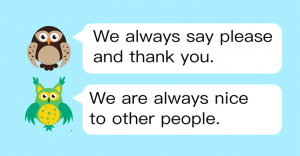
All teachers know that a good set of classroom rules is what you need to be the authority figure in class. Introduce students early to these 5 classroom rules.
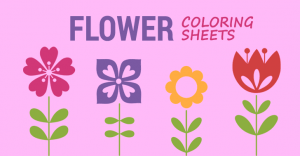
Like a flower garden of coloring pages, we’ve provided you with 10 sheets to color with. Simply, print them off and enjoy coloring in the lines.
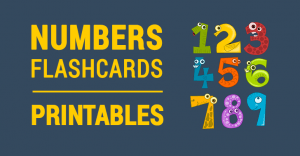
For beginners, number flashcards are great tools for recognizing the numbers they’ve learned from counting.
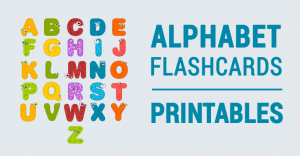
From A to Z, here is a set of free printable capital alphabet letters for kids – ideal for spaced repetition and memory retrieval.